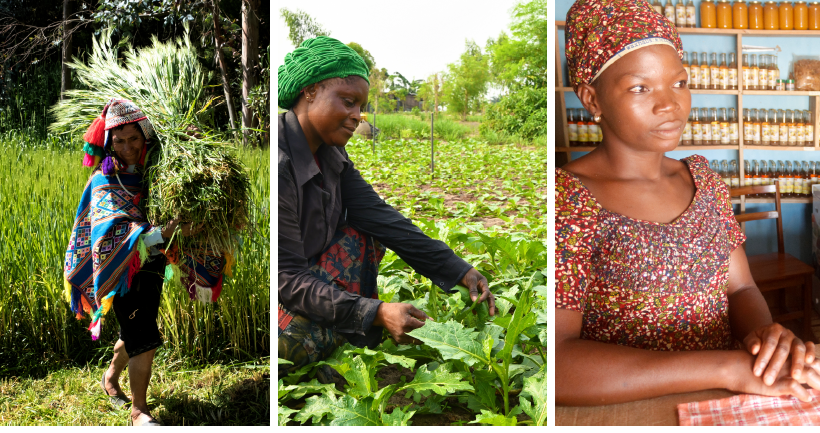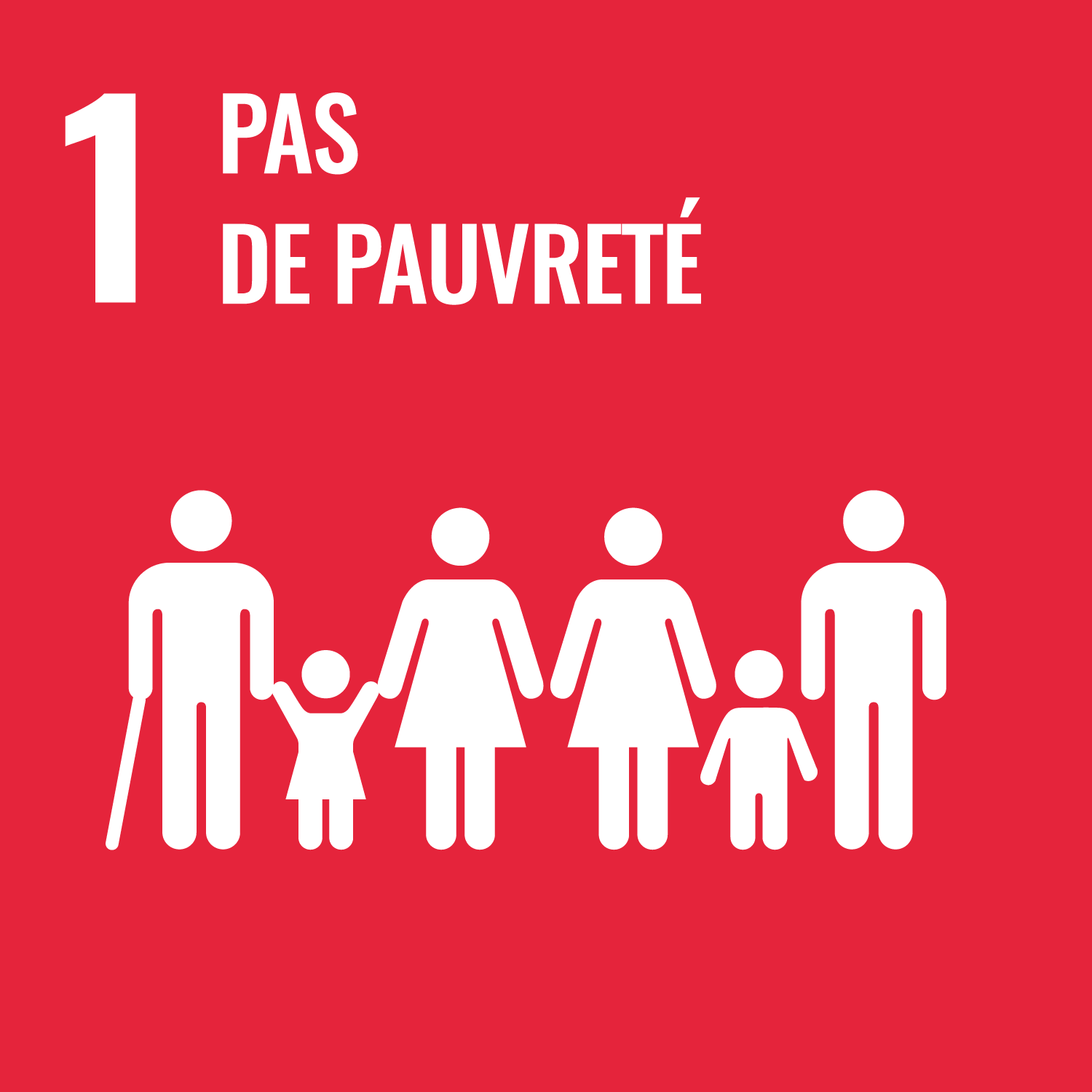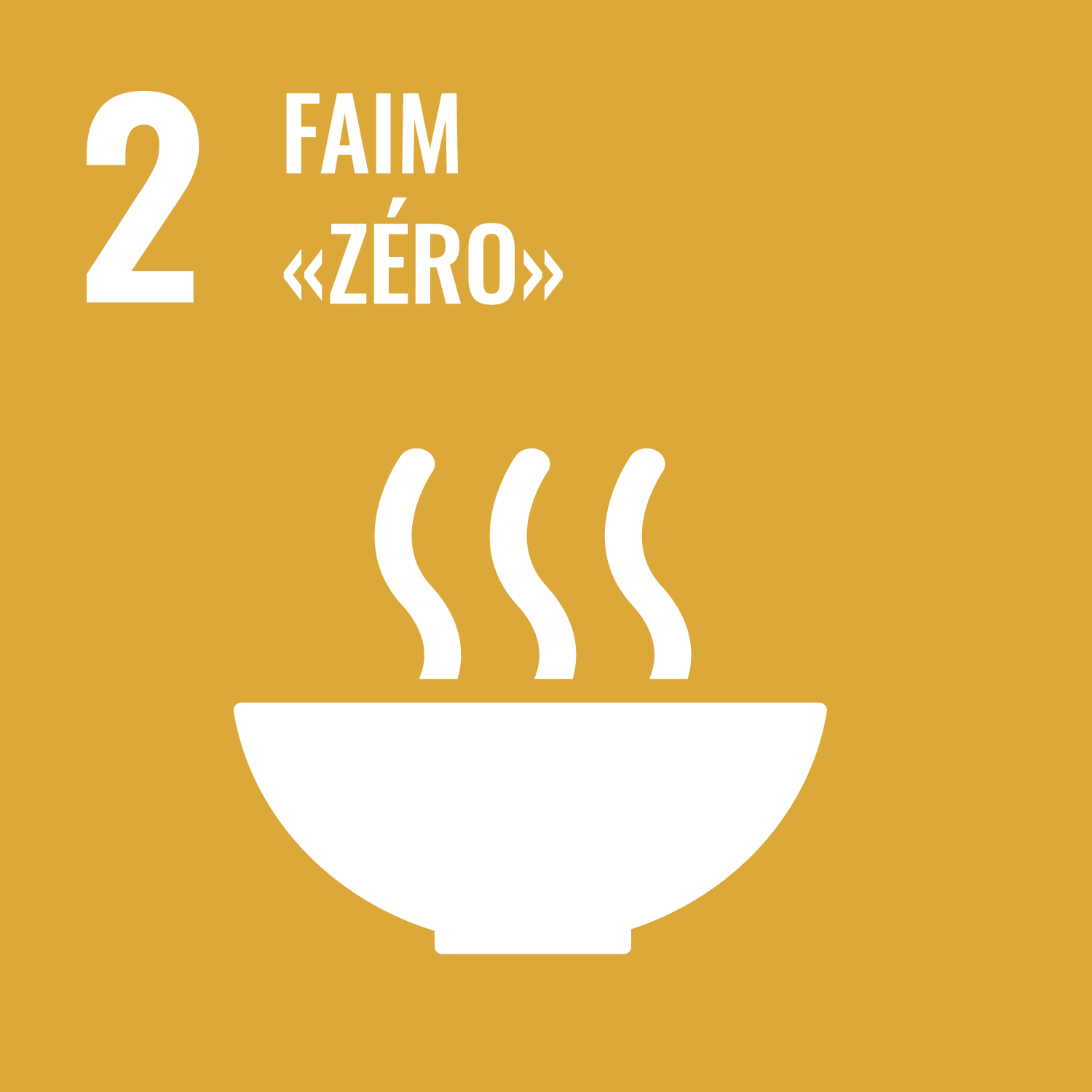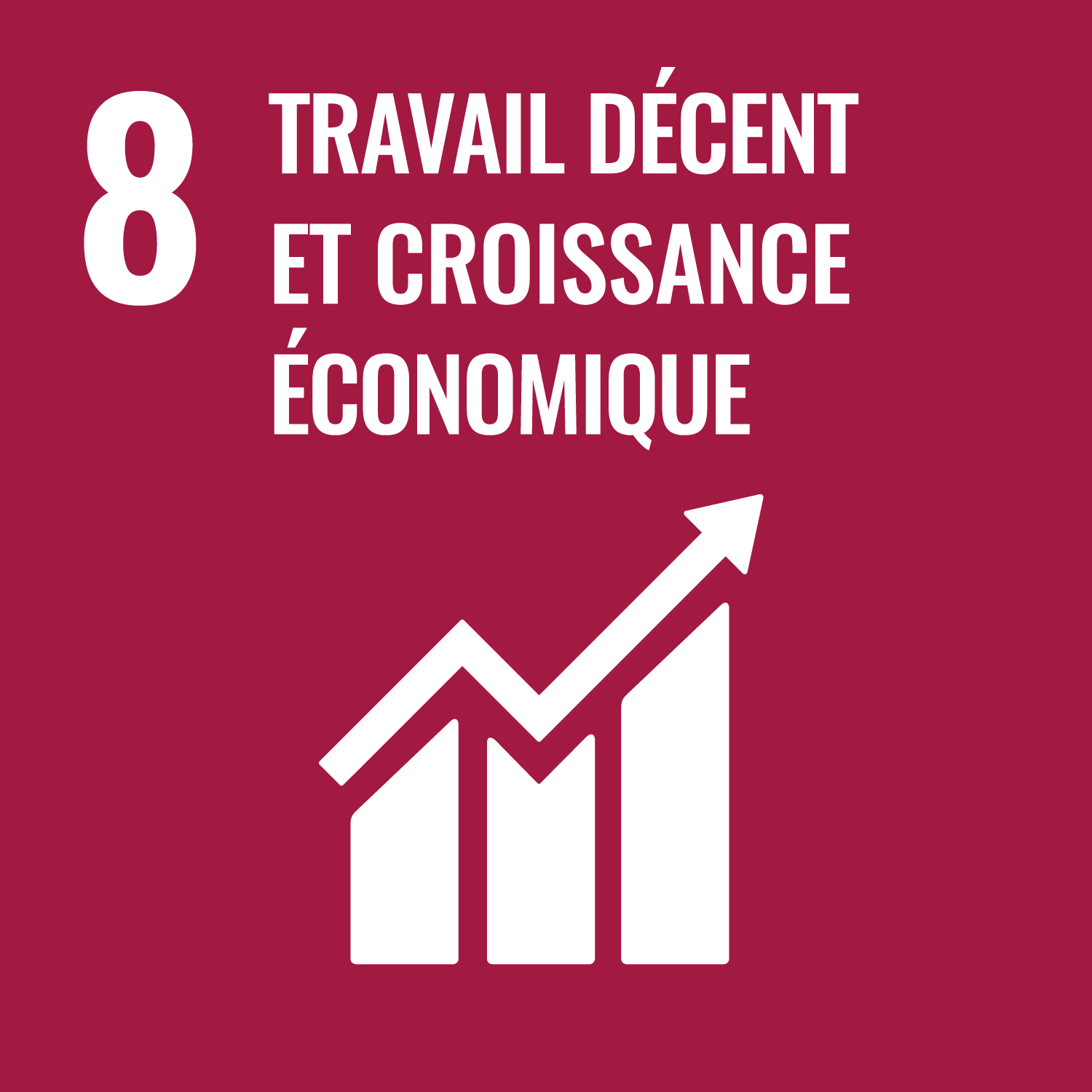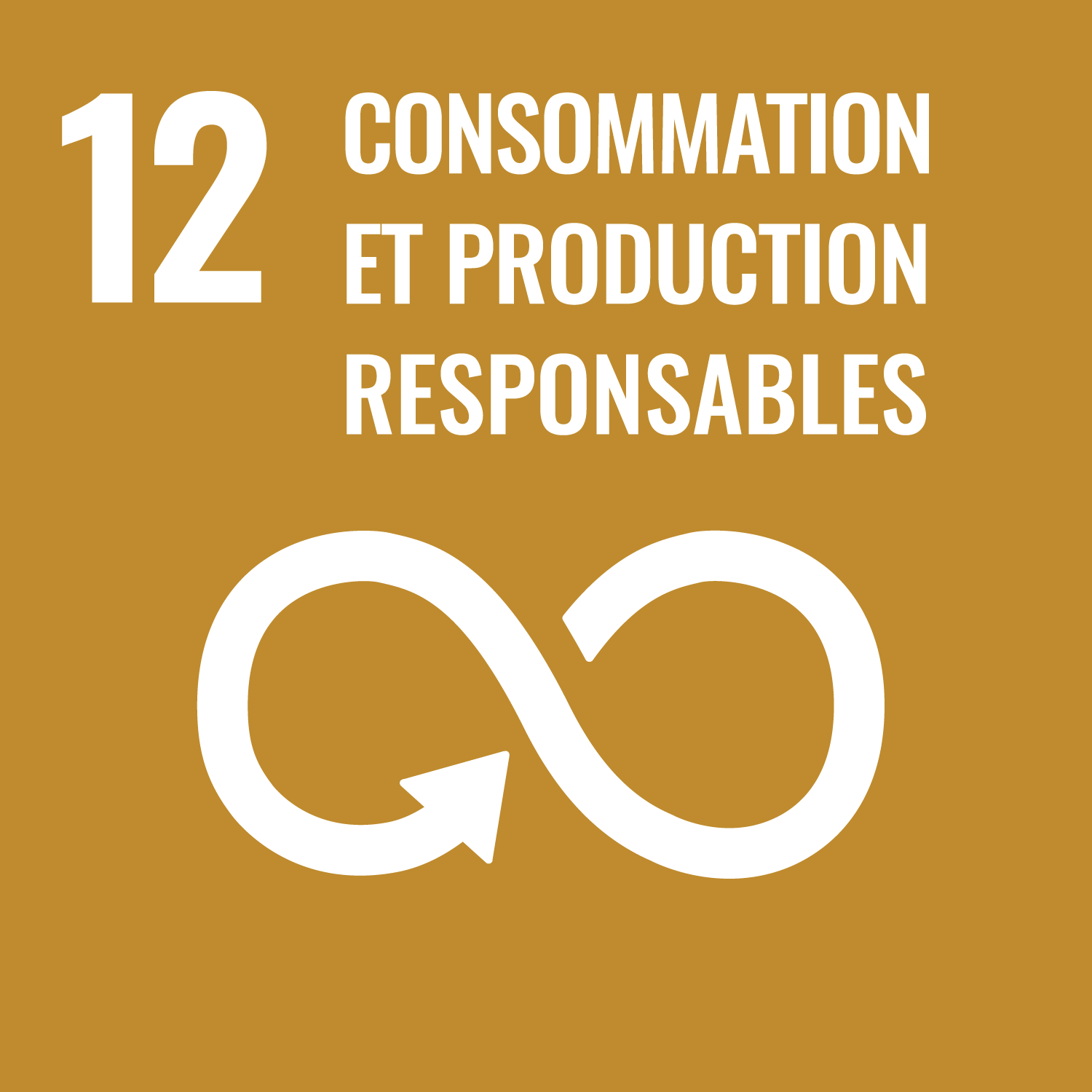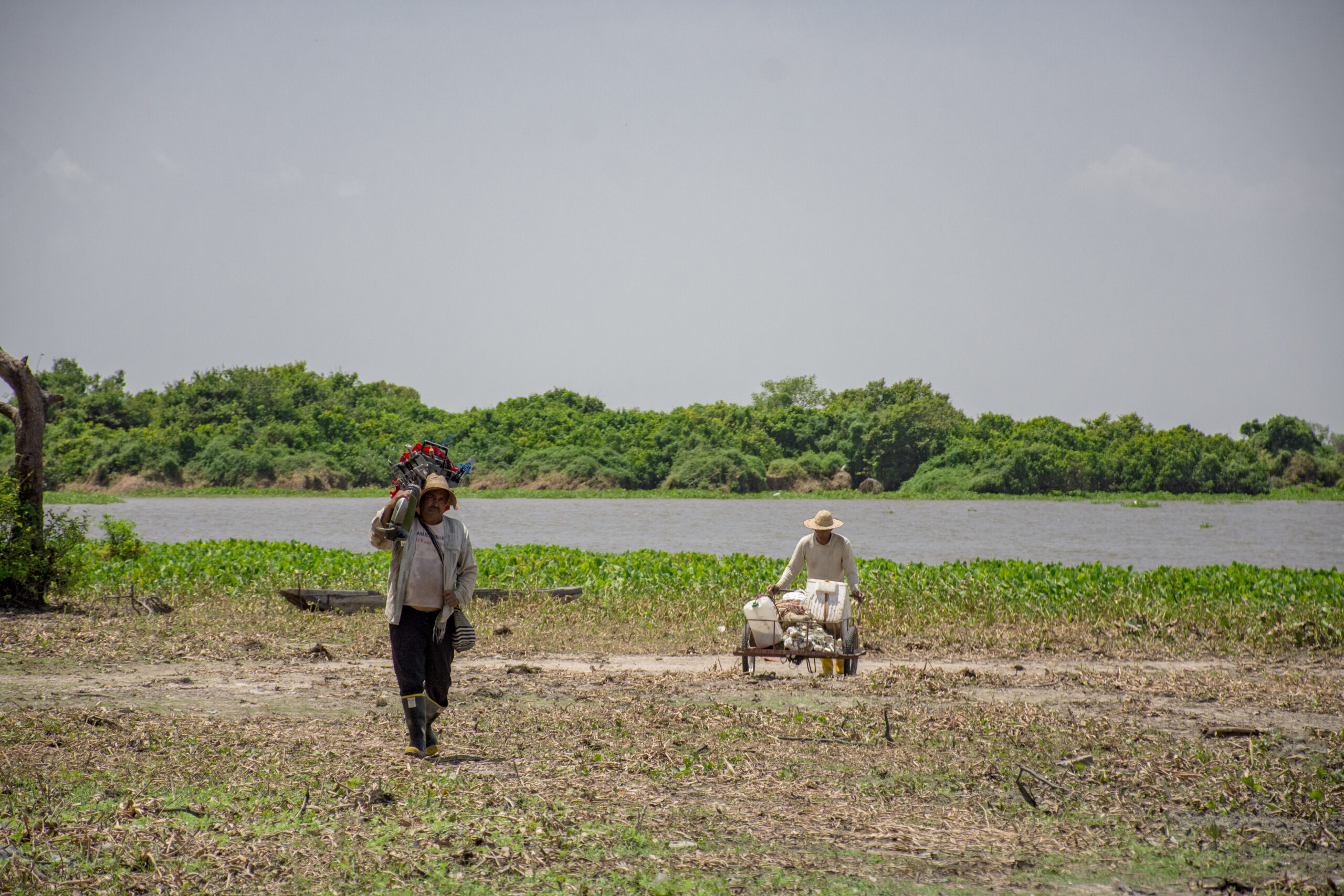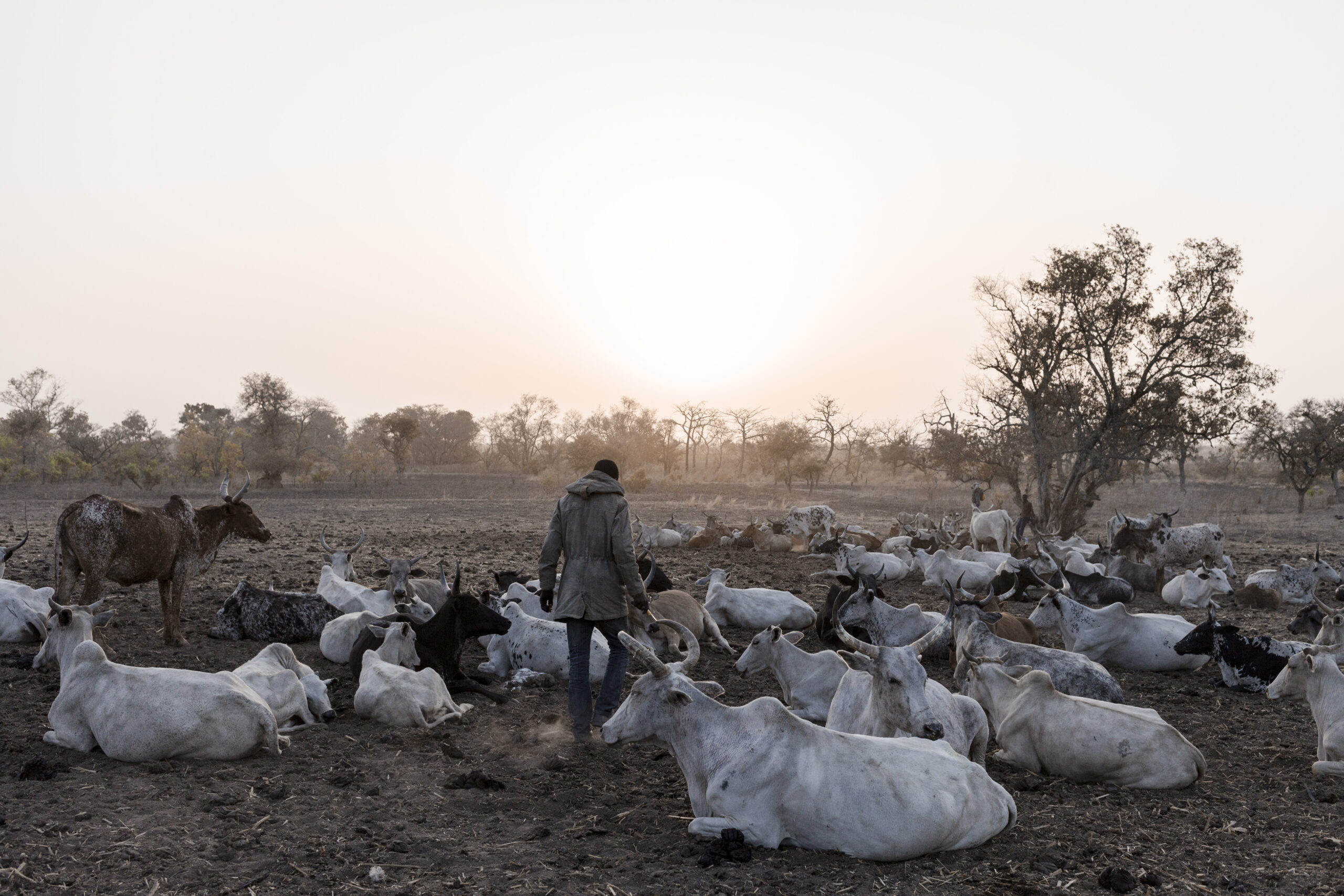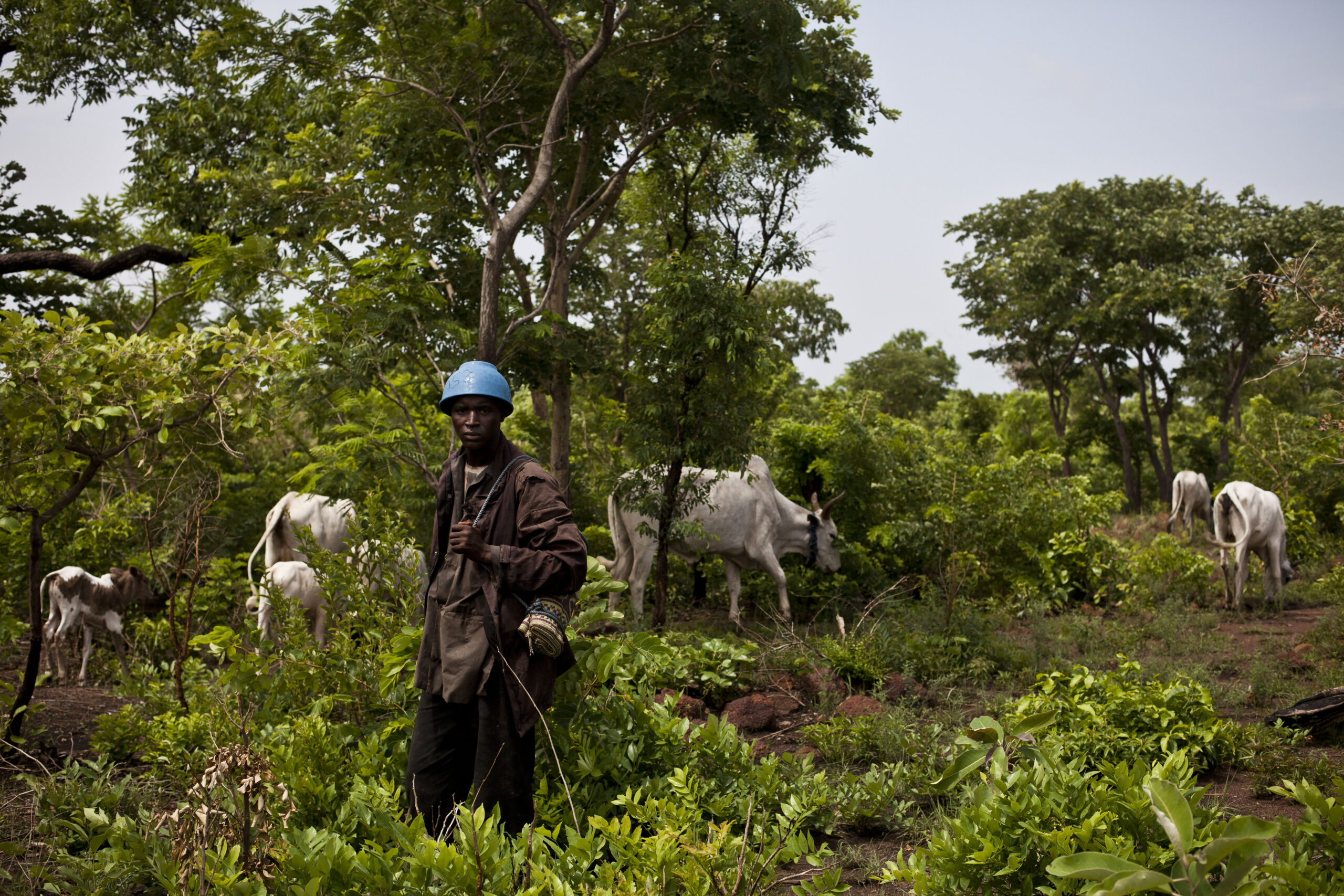| TERSAA programme: for sustainable food, promoting the development of agro-ecological production and local consumption through the transition of agricultural and food systems |
Improving the resilience of local farming and food systems in the face of climate change, through better control of the downstream stages of the supply chain
Context
The global health context created by the COVID-19 pandemic has confirmed the fragility of local food systems, which are exposed to a number of risks: a drop in productivity caused by the reduced availability of production factors; the closure of markets and rising prices, particularly in the most fragile societies in southern countries. The transformation of food systems towards sustainable and resilient models is a major challenge. Long marginalised in political agendas, family farming can play a role in the transition of food systems. It is capable of supplying 80% of the world’s food production and is a source of employment in rural areas that are increasingly affected by the exodus of people to urban centres. It is also more compatible with the preservation of biodiversity and differs in this respect from large-scale farming.
The action
The TERSAA programme is part of this vision. Implemented by AFL and eight local partners located in 5 countries (Colombia, Peru, Togo, Benin, Burkina Faso) who interact with 7405 producers and processors from family farming, TERSAA aims to guarantee the availability and access of consumers to quality food produced locally. The programme is organised around three outcomes aimed at improving the link between family farming and local markets, improving the sustainability of production and processing systems and, finally, mobilising local players more effectively to promote sustainable supply chains.
The TERSAA programme aims to
- Create opportunities for family farming to access new profitable markets, produce sustainably and promote the integration of young people;
- Guarantee the availability of and access to quality, locally produced food for consumers;
- To facilitate better links between family farming and local markets, producers are trained and supported in marketing, promotion and distribution;
- To improve the sustainability of production and processing systems, support is provided for the agro-ecological transition and the quality approach, and young people and women are involved in the various elements of the value chain;
- Stakeholders (producers, promoters, local authorities, buyers) are made more aware of the challenges facing the region, and commercial partnerships are facilitated to encourage greater commitment to sustainable supply chains.
Key indicators and impacts of the TERSAA programme
- Producers gain access to new market outlets;
- Sustainable and resilient practices are disseminated and adopted;
- Stakeholders are mobilised for the sustainable development of local food systems;
- Cross-fertilisation is being carried out on the two continents, in collaboration with a research centre, in order to learn lessons about the marketing strategies applied by farmers’ organisations;
- 7,405 agricultural producers and agri-food processors (including 6,025 in Africa and 1,380 in Latin America), including at least 3,970 women (i.e. at least 54%) and 175 young people specifically targeted for training and integration;
- 45 local product promoters and support providers;
- 55 local authorities;
- Public and private sector buyers: at least 100 representatives of public institutions and 270 traders;
- Consumers: at least 6,270 young people targeted in schools.
